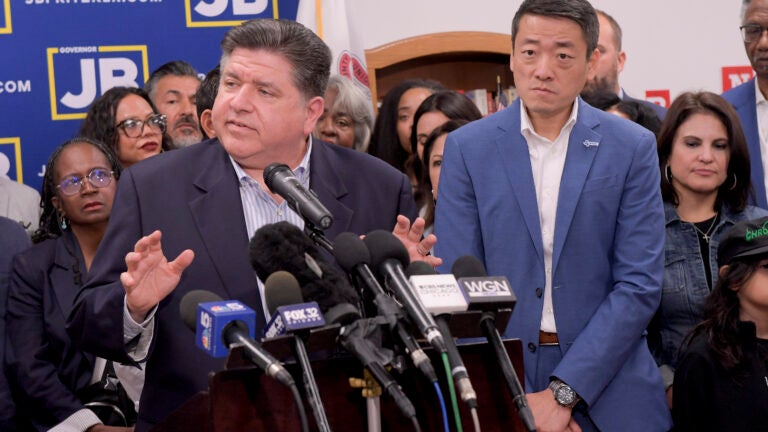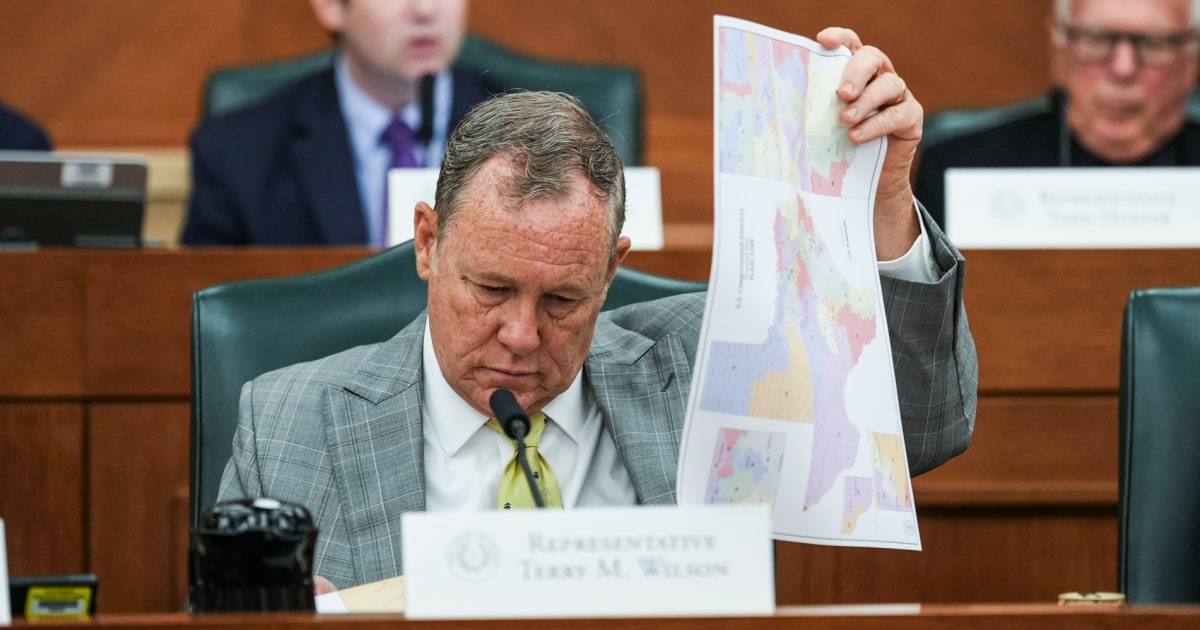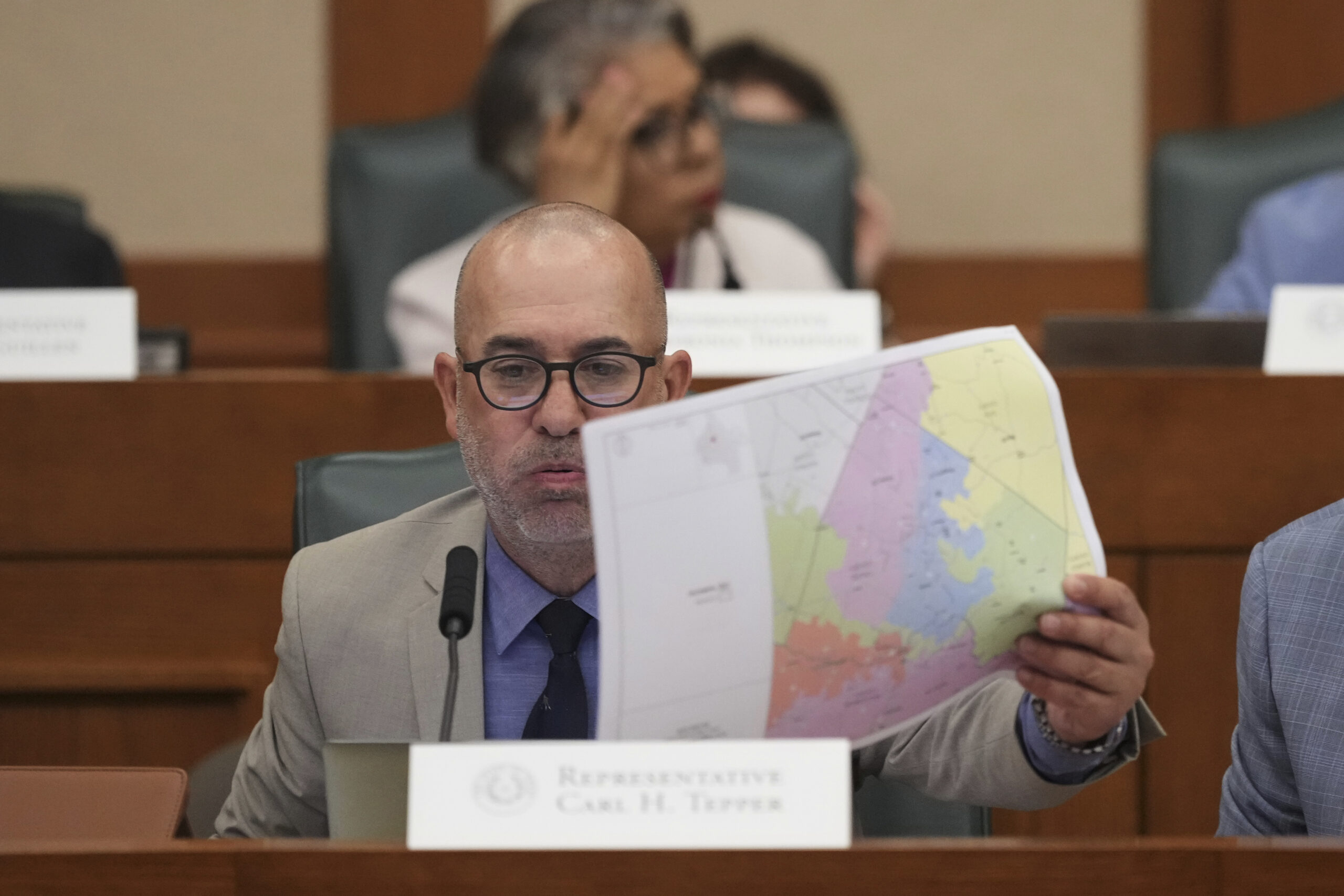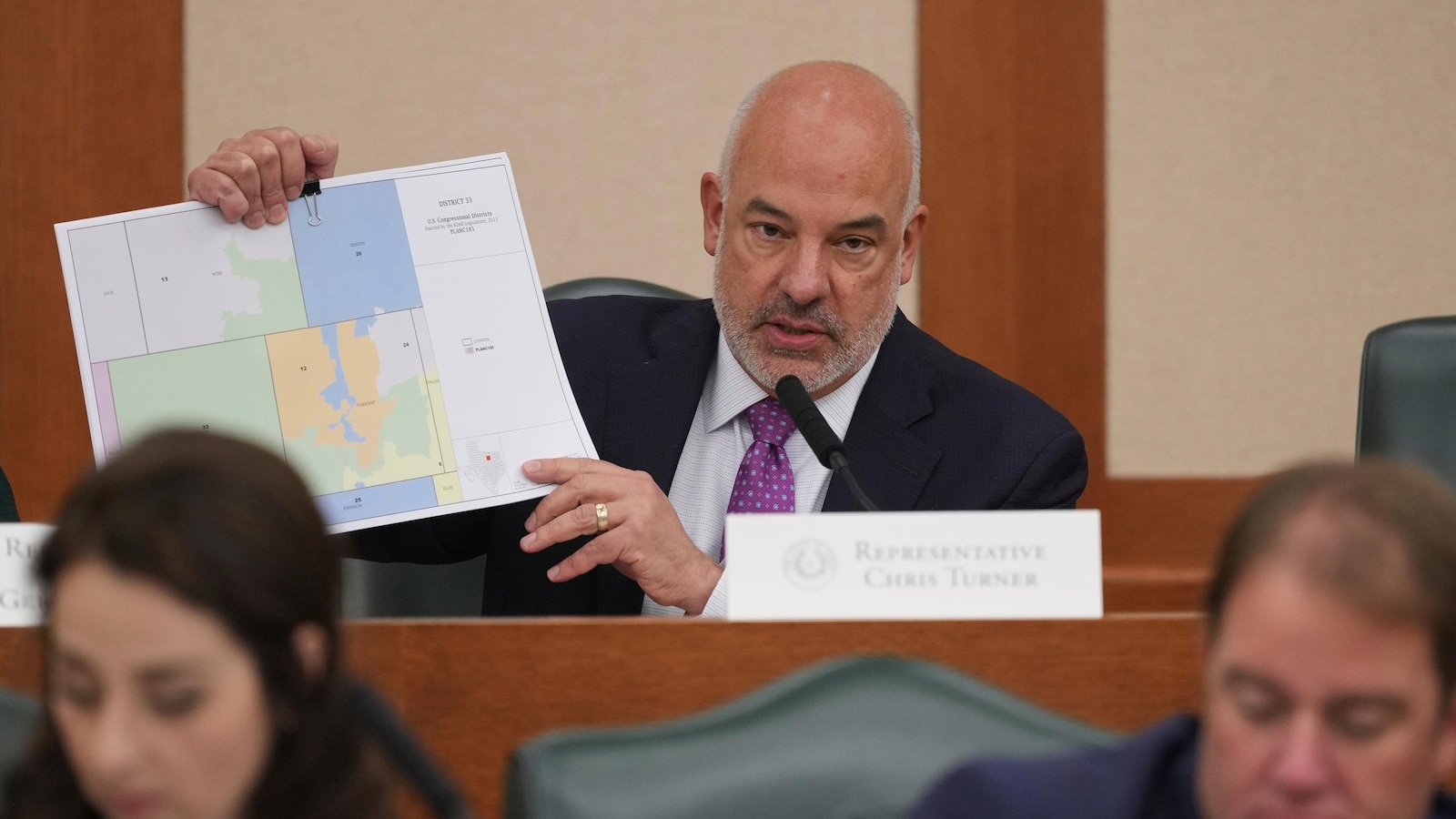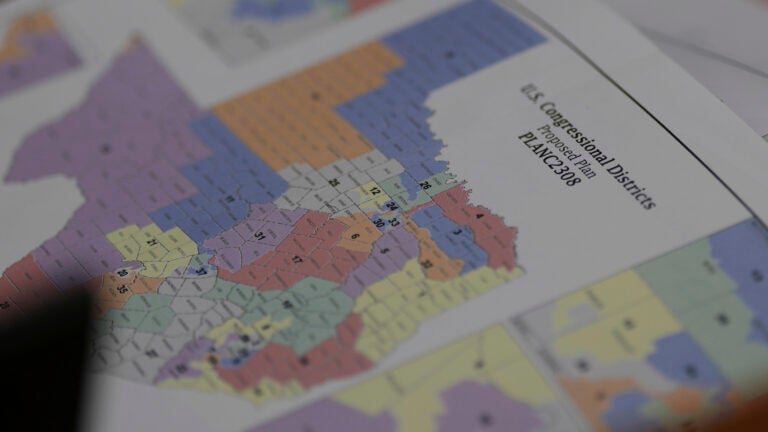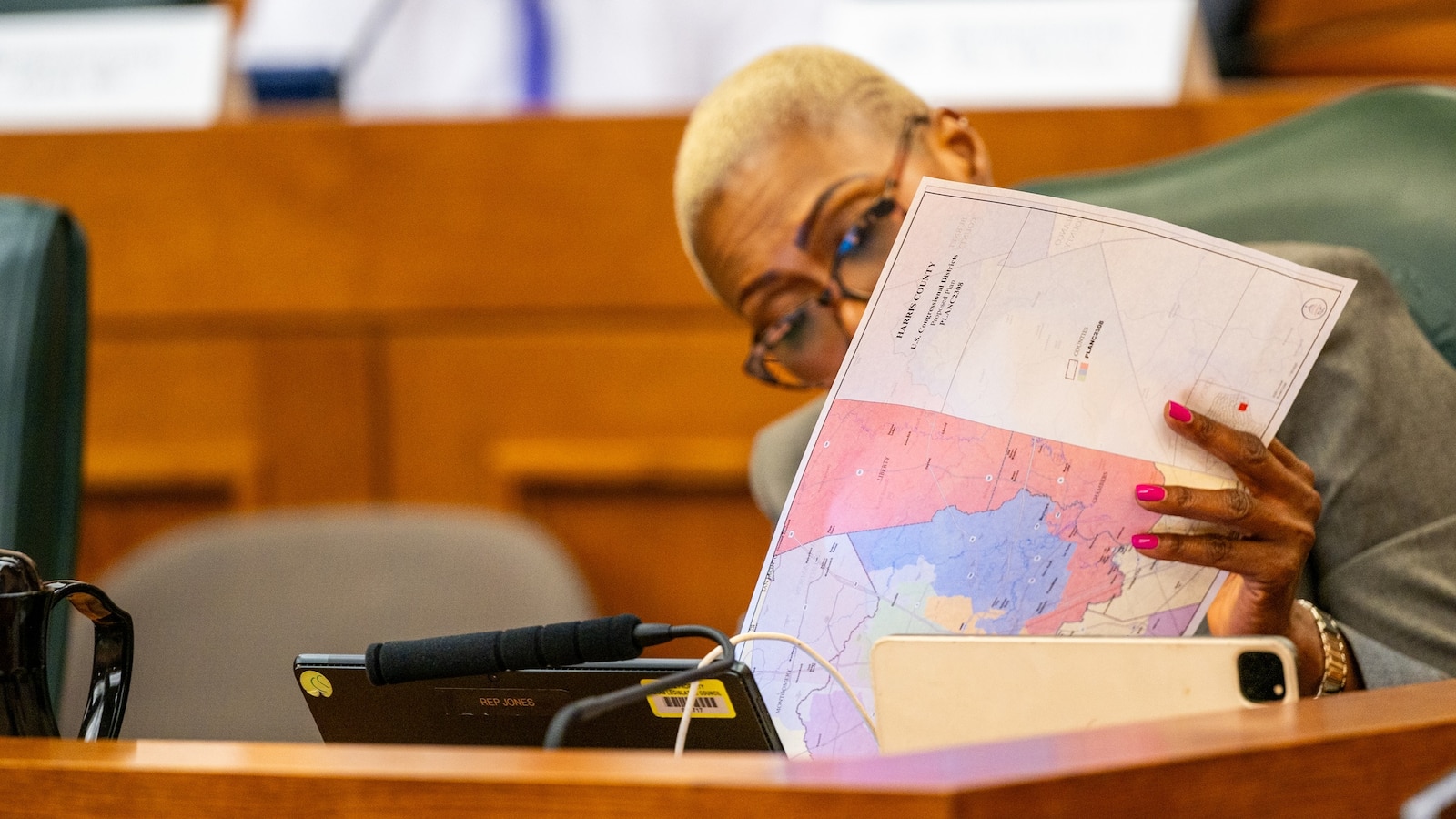Democrats Raise Concerns Over Texas Congressional Map's Impact on Minority Voters
Democrats express significant concerns over Texas's proposed congressional map, citing potential suppression of voting power for people of color and impact on fair representation.
Subscribe to unlock this story
We really don't like cutting you off, but you've reached your monthly limit. At just $5/month, subscriptions are how we keep this project going. Start your free 7-day trial today!
Get StartedHave an account? Sign in
Overview
- Democrats are expressing significant concerns regarding a newly proposed congressional map for Texas, citing potential issues with fair representation for all citizens within the state.
- The primary apprehension centers on the redrawn map's potential to suppress the voting power of people of color, directly impacting their electoral influence and ability to elect preferred candidates.
- This proposed map is part of Texas's regular redistricting process, which occurs following each decennial census as mandated by both state and federal law.
- Critics argue that such redrawn maps can be strategically used to dilute the influence of specific demographic groups in elections, raising fundamental questions about electoral fairness.
- These concerns underscore ongoing debates about the broader impact of redistricting processes on minority communities and their ability to achieve equitable political representation.
Report issue

Read both sides in 5 minutes each day
Analysis
Center-leaning sources frame this story as a dramatic "showdown" where Texas Democrats are "protesting" a Republican "power grab" aimed at "rigging the system." They emphasize the Democrats' defiance and their allies' support, often using language that aligns with the Democratic narrative of fighting for democracy against an unfair redistricting effort.
Articles (36)
Center (13)
FAQ
Democrats are concerned that the new Texas congressional map suppresses the voting power of people of color, diluting their electoral influence and ability to elect preferred candidates, which threatens fair political representation.
The proposed map increases the number of districts with a white majority from 22 to 24, adds one more Hispanic-majority district, and creates two majority Black districts, but critics argue these changes still dilute minority voting strength by strategic redistricting.
The DOJ flagged several Texas congressional districts as unconstitutionally drawn racial gerrymanders, prompting concerns and legal challenges aimed at protecting minority voting power under the Voting Rights Act.
The new map is designed to advantage Republicans by targeting Democratic and minority-held seats, potentially adding up to five GOP-held districts and prompting legal challenges alleging racial gerrymandering and voter suppression.
Despite 95% of Texas's population growth coming from communities of color, the redistricting has largely created more white-majority districts, leading civil rights groups to argue that maps fail to reflect current demographics and weaken minority representation.
History
- 3M

 4 articles
4 articles
- 3M

 6 articles
6 articles
- 3M

 9 articles
9 articles
- 3M

 9 articles
9 articles
- 3M

 3 articles
3 articles




